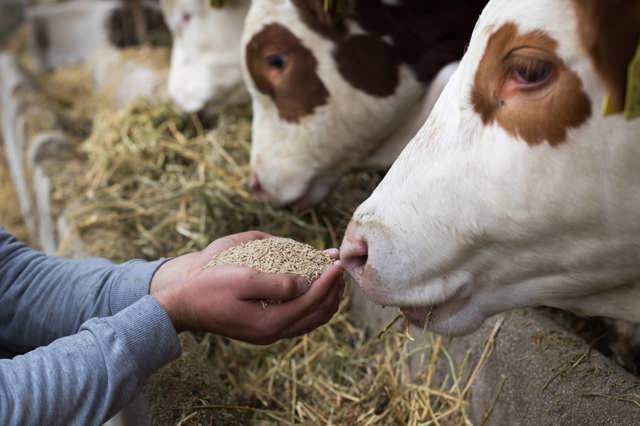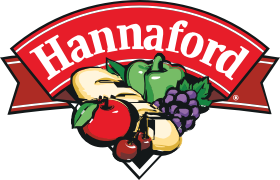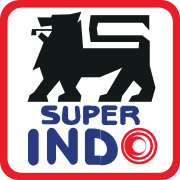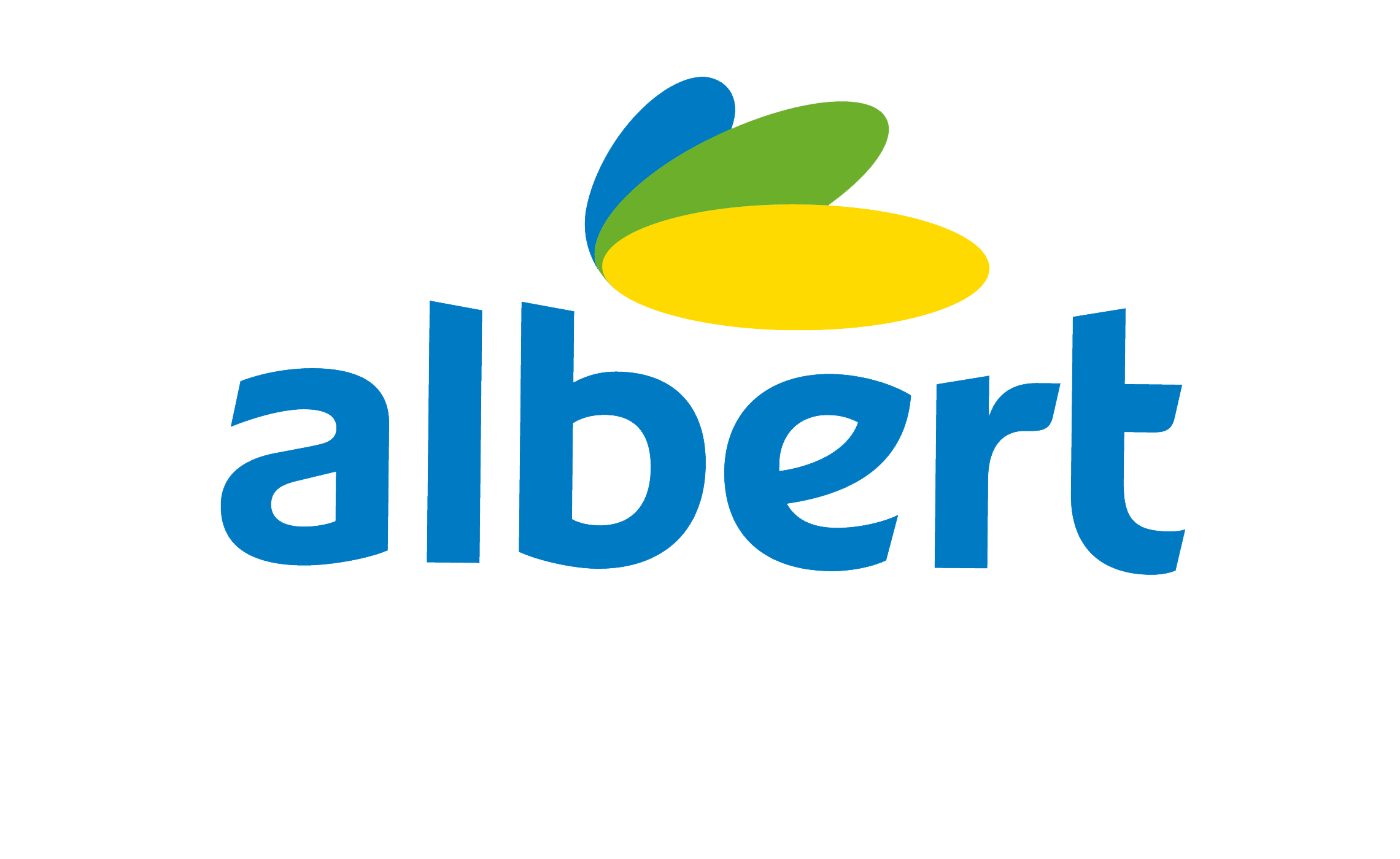
Animal Welfare
As a global retailer we realize that animal-derived proteins are an important part of the human diet – predominantly eggs, chicken, pork, dairy and beef – but the economics of their production can have an inversely proportional relationship to the welfare of the animals.
Ahold Delhaize acknowledges animal consciousness, understanding they feel pain and experience emotions. Ahold Delhaize and its brands support the welfare of animals and the provision of safe food, while, at the same time, preserving access to affordable, fresh products.
Our approach to animal welfare currently focuses on stronger animal welfare standards for own-brand and national-brand whole- or single-ingredient products derived from farm animals globally, as well as (aquaculture-farmed) seafood.
Animal welfare
We support the internationally recognized Five Freedoms of animal welfare. However, the traditional approach of the Five Freedoms is increasingly found to be limited, as it assumes that the absence of negative experiences (or “freedoms” from negative states) alone ensures high welfare. A more modern framework, the Five Domains model, is gaining prominence. This approach not only focuses on minimizing negative experiences but also on enhancing positive ones, aiming to ensure the highest level of welfare throughout an animal’s life. As a result, Ahold Delhaize is transitioning to the Five Domains framework in our approach to animal welfare. We are in the process of building our approach, with currently only global targets on cage-free eggs and group-housed pork. In the coming years we aim to further substantiate our approach with additional targets and commitments.

Since January 2024 we have included animal welfare in our Standards of Engagement. Our suppliers are expected to commit to sound, science-based animal care practices and to incorporate the Five Freedoms. We aim to update our Standards of Engagement in the coming years to reflect our adherence to the Five Domains in parallel with our transition to that approach.
All our brands follow the global approach to animal welfare. In addition, for the brands that have specific policies, please refer to the links at the end of this page.
Scope and performance reporting
Our approach covers Ahold Delhaize’s ambitions for animal welfare as they relate to own-brand whole or single ingredient products derived from farm animals globally.
We disclose our domain definitions for each of the Five Domains on this website and in our annual report. For specific region or brand policy and approach, we refer to our local brand’s information.
Governance
Our animal welfare approach is a topic within our sustainability policy, as described in our annual report, and governance is the same as for other topics within that policy.
Domain definitions
The Five Domains model is context specific and application can be different depending on the role of a company within the value chain. For more information on our targets and how they relate to our overall approach to animal welfare, we refer to our Annual Report in the animal welfare section.
For Ahold Delhaize, we use the following domain definitions:
Nutrition domain: we want each animal in our brands’ supply chains to have access to the appropriate food in the appropriate quantity. This domain includes the topics of food and water quality, force feeding and starvation.
Physical environment domain: we want each animal in our brands’ supply chains to live in an environment that has adequate space for free movement, adequate lighting, noise and temperature. This domain includes limiting live animal transport times.
Health domain: we want each animal in our brands’ supply chains to live in good health, with limited disease, injury or functional impairment or routine mutilation. This domain includes the topics of beta antagonists, which are sometimes used in livestock production to enhance growth and alter body composition, and antimicrobials.
We understand the significance of antimicrobials in both human and animal medicine and the threat from improper use in livestock supply chains. Some of these antimicrobials are also used in human medicine and, if overused, can lead to increased antimicrobial resistance.
We believe that antimicrobials used in animal medicine, when applied responsibly and under veterinarian oversight for treatment of disease or injury, promote good animal welfare and that they should not be used unless the well-being of an animal is endangered.
We don’t ask suppliers of our own brand products to conduct animal testing on our behalf.
Behavioral interactions domain: we want each animal in our brands’ supply chains to have agency when it comes to their behavior, through normal interaction with their environment, other animals and humans. This domain includes providing good living conditions to animals that are used for labor.
Mental state domain: we want each animal in our brands’ supply chains to experience a mental state of comfort, security and calmness. This includes the topic of pre-slaughter stunning: it is our aim that animal-based products come from farm animals that have been rendered unconscious and insensible to pain before harvest through effective stunning in a single attempt. To offer all customers a suitable choice, we accept alternative practices for religious slaughter.
For more information on our targets and how they relate to our overall approach to animal welfare, we refer to our Annual Report in the animal welfare section.
Ahold Delhaize cannot achieve this on its own and makes use of valuable horizontal and vertical collaborations. Our local brands collaborate with their suppliers on improving animal welfare through avenues including contracts, certification and providing support. Ahold Delhaize is a member of several multi-stakeholder initiatives, such as SAI Beef (ERBS) and Global G.A.P. (for pork and chicken). Key areas of action are antimicrobial use and mortality rates.








